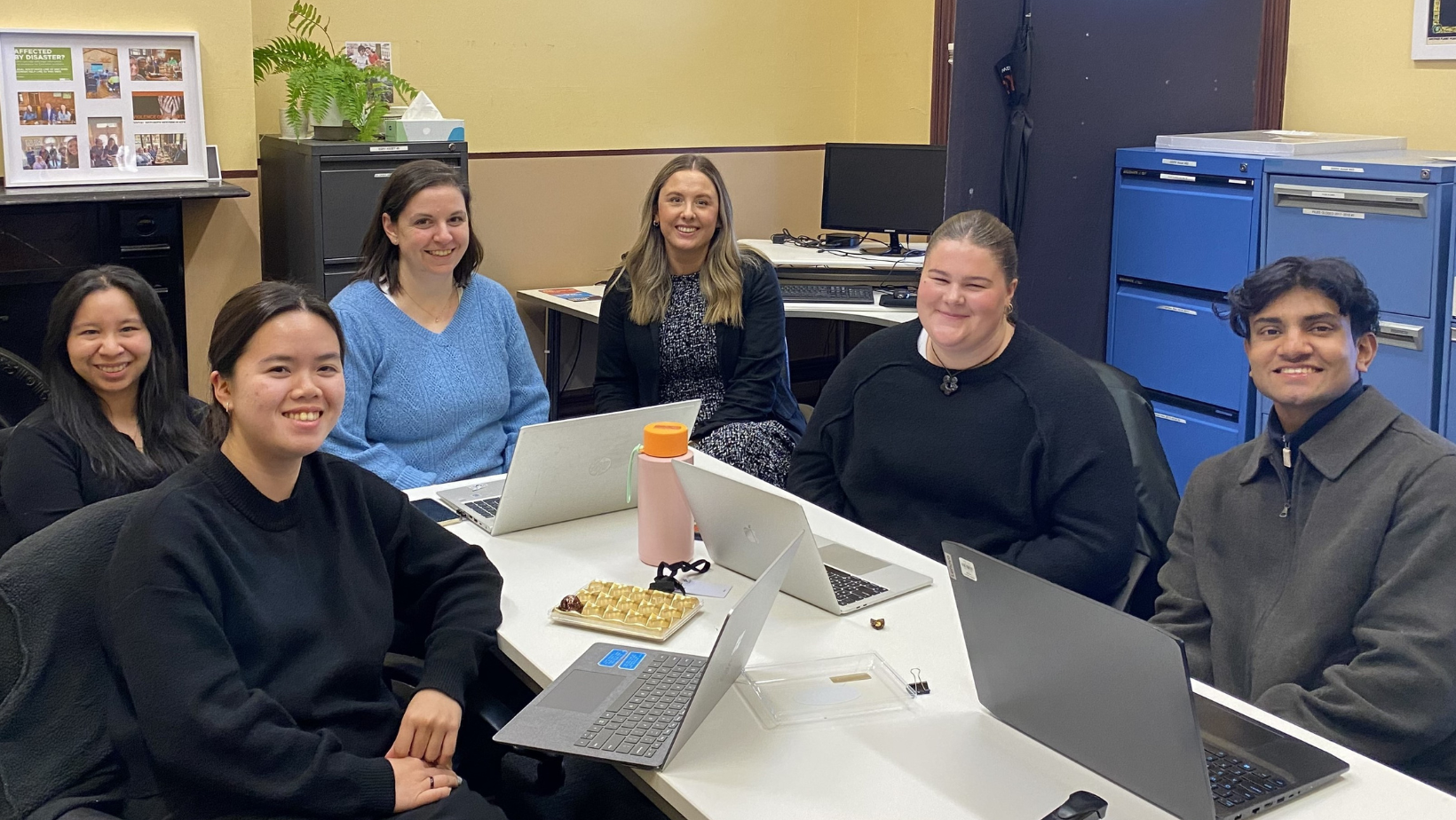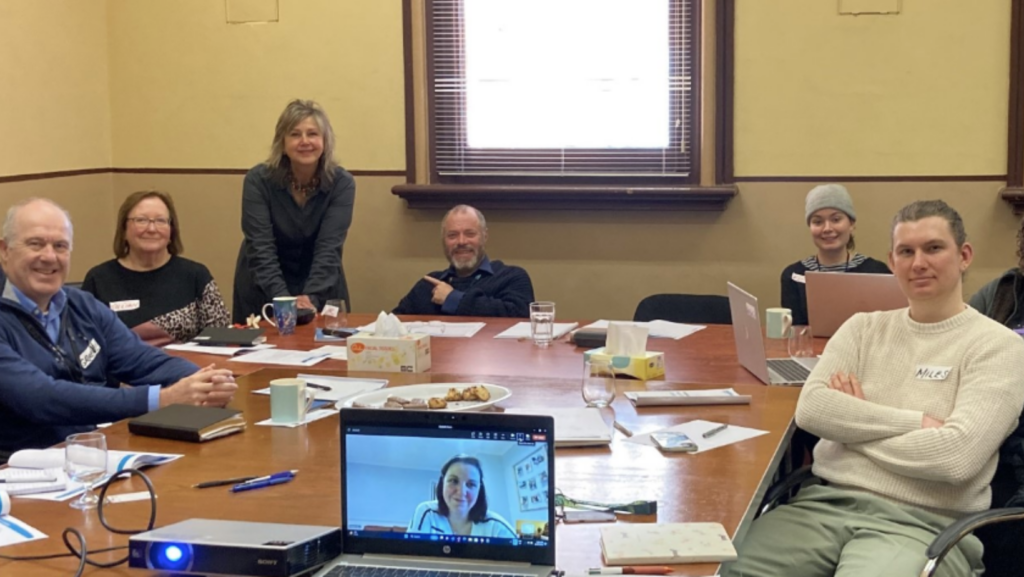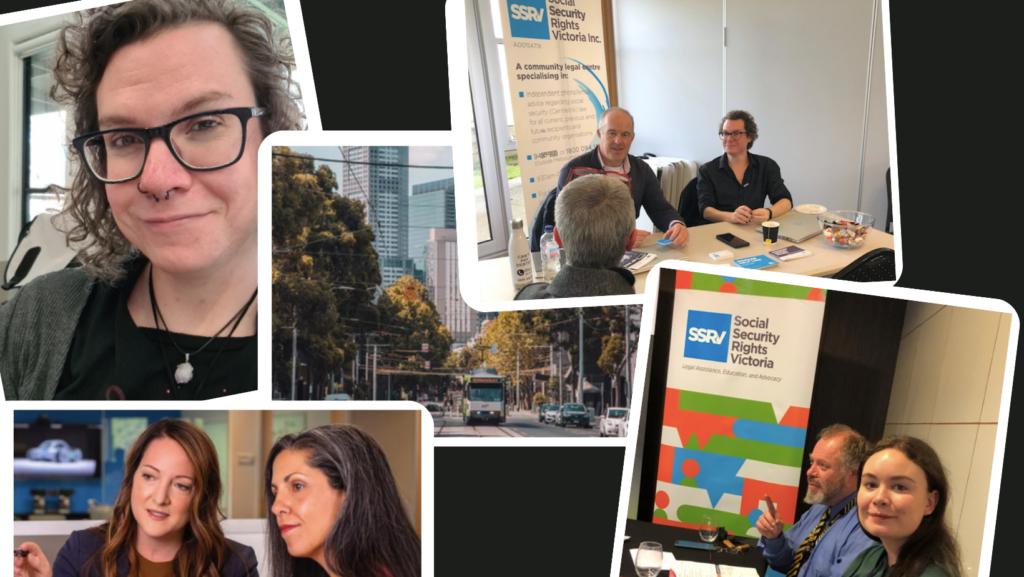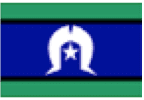The 1970s will be remembered for many things: flared jeans, anti-Vietnam war rallies, and Daddy Cool doing a little thing called the Eagle Rock. For many vulnerable Victorians in need of legal assistance though, it will be remembered as a time of justice denied.
Back in the 70s, legal advice or representation was considered a privilege reserved only for the wealthy. This meant that most low-income families, especially those relying on social security, were at the mercy of the system, with little recourse if they felt an incorrect decision had been made or if their concerns weren’t being addressed.
This year we celebrate 50 years of Community Legal Centres in Victoria. To fully appreciate how much of a difference CLCs have made to the lives of so many in our community, we need to step back in time.
The 1960s had been a time of increased social awareness and shining a light on disadvantage and inequity, and there was a growing awareness of the impact of laws, as well as access to justice, on vulnerable members of the community, .
Nowhere was this more so than amongst groups of young students and lawyers, passionate about change, and enough fire in their bellies to make it happen.
In the early 70s, a group of Monash University students got together and started a phone advice line, which eventually became the Springvale Monash Legal Service. The service is still operating today under the name South-East Monash Legal Service.
Around the same time, a group of lawyers began providing free legal advice in the basement of the Fitzroy Town Hall, and over in St Kilda, a similar service was being provided.
These three organisations were the first non-Aboriginal Legal Services operating in Australia. The first Aboriginal Legal Service in Victoria, the Victorian Aboriginal Legal Service Co-operative Limited was established in 1973.
What these first Community Legal Centres had in common was a shared a desire for social justice, and greater rights and equality for all Victorians.
Social Security Rights Victoria was founded in 1987, although it was originally known as Welfare Rights Unit Inc.
In the 10 years prior, the Brotherhood of St Laurence had been assisting people to deal with social security matters through their Unemployment Rights Service. It soon became clear, though, that the need for assistance was greater than could be met by the Brotherhood and its associates.
As the new millennium kicked-off, an increasing number of people began accessing information and government services online, and SSRV and most CLCs began developing websites and social media presences, where people could access information about the social security system and how to contact them for assistance.
Over the years, SSRV’s use of digital technology has become more sophisticated, and this is especially true in relation to the Disability Support Pension (DSP).
The DSP can be challenging, with an eligibility criteria that is complex, and in 2020, SSRV launched DSP Help, a free online resource for DSP applicants and the people who support them, aimed at helping them understand the DSP, the eligibility criteria, how to get suitable medical evidence, and how to approach an application.
Over the past 50 years, Community Legal Centres have advocated for greater support for victim survivors of family violence, prisoner rights, the rights of tenants in public housing, and those who have been issued Centrelink debts, amongst many other issues.
Often the people they represent have been the most marginalised and are vulnerable, including the poor, young people, people with mental health issues, those with disabilities, migrants, refugees, prisoners, and women.
Currently, there are now more than 47 Community Legal Centres and Aboriginal Legal Services operating in Victoria. Many are place-based, providing services across a range of legal issues to a geographic community, while others are specialist legal centres that focus on specific areas of law such as social security, or cohorts of people such as women.
There are currently around 4,000 staff and volunteers working at Community Legal Centres across Victoria, which now provide more than 100,000 legal services every year for Victorians who face economic and social disadvantage, who cannot afford legal representation and are not eligible for legal aid.
This year we pay tribute to the remarkable people past and present, who have worked and volunteered at CLCs and recognise the exceptional services CLCs provide today in pursuit of a fairer and more just Victoria.
Read more about the history of CLCs in Victoria on the Federation of Community Legal Centres’ website.







